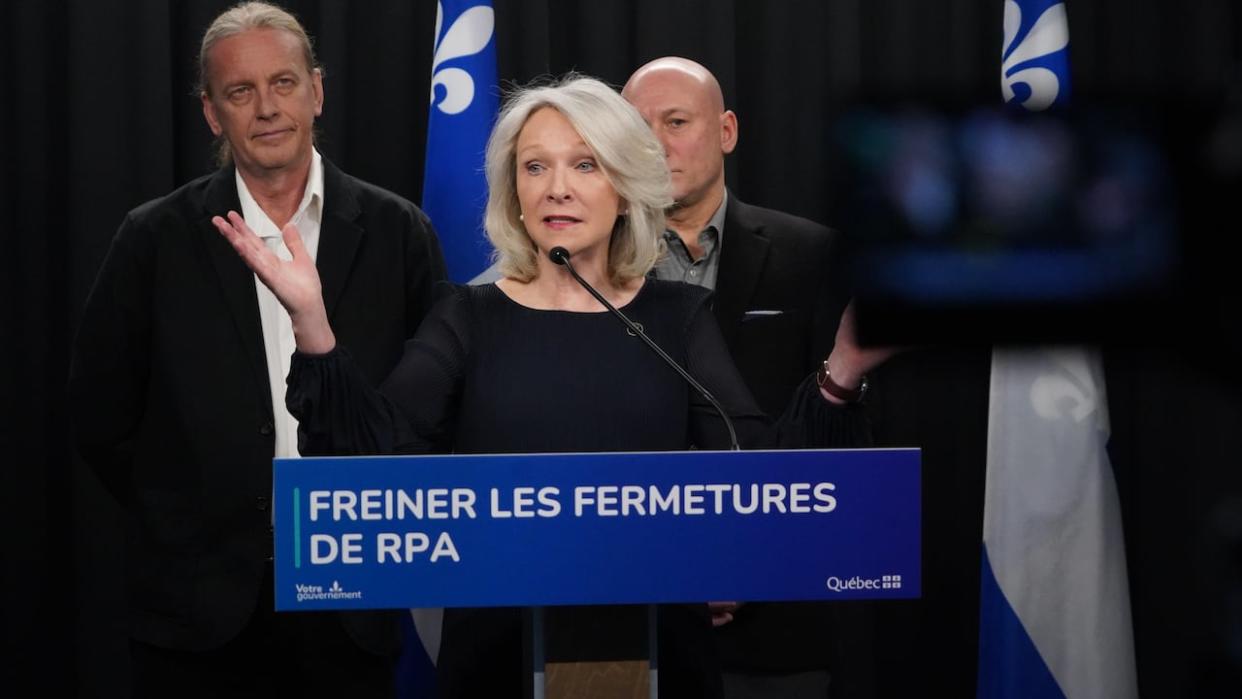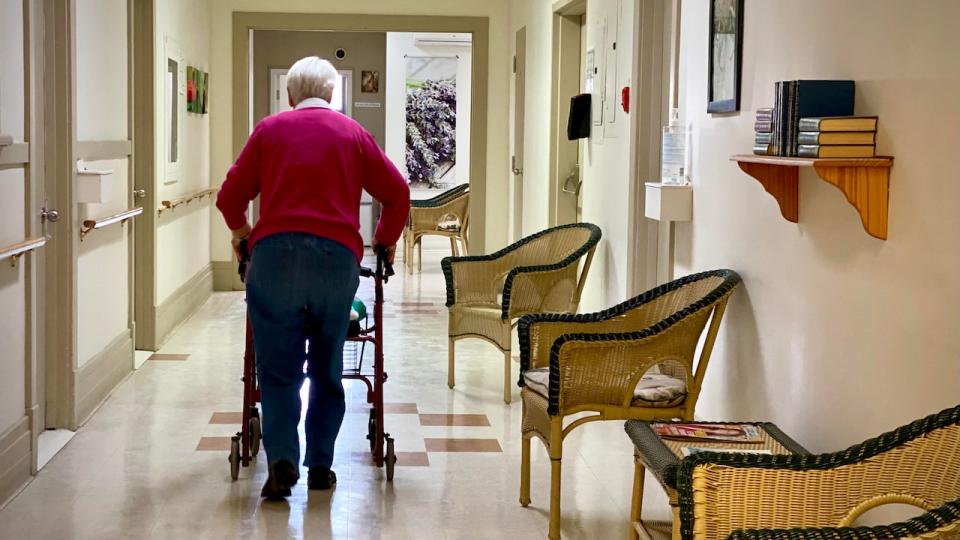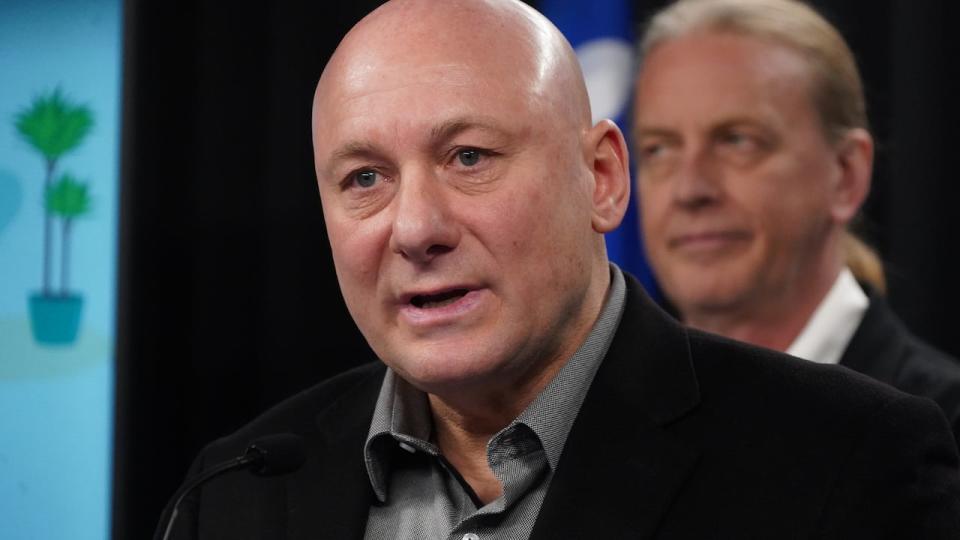Quebec to roll out $200M program for private seniors' homes in effort to slow down closures

Quebec private seniors' homes will receive a fixed monthly allowance based on the needs of residents as part of a new funding program announced by Sonia Bélanger, the Quebec minister responsible for seniors.
At a news conference on Tuesday, Bélanger said come June, the program will help support private seniors' homes, known as RPAs in Quebec, that have been weakened by the current economic situation and should curb closures, which will help seniors stay in their homes.
She says that over the past five years, more than 500 RPAs have closed.
A sum of $200 million over five years will be used to roll out the personalized allowance throughout Quebec, which will enable RPAs offering services such as bathing or administering medication to receive a fixed monthly sum.
"I think we can say without any mistake that many residents and property owners will be very happy," Bélanger told reporters.
"Over the past few months, we have seen several closures of RPAs but over the past few months we have also rolled up our sleeves and worked together."
This new measure will be implemented in June in collaboration with the Regroupement québécois des résidences pour aînés (RQRA) and the Réseau québécois des OSBL d'habitation (RQOH).

Over the past five years, more than 500 RPAs have closed. (Josée Ducharme/Radio-Canada)
Over 650 RPAs to benefit: 'A start,' says advocate
The government says eventually, more than 650 RPAs will be able to benefit from the program.
The first phase of the program will target RPAs with up to 30 units that provide personal or health-care services.
Pierre Lynch, the president of the Association québécoise de défense des droits des personnes préretraitées et retraitées, says the government is targeting the right kind of RPA. He says most RPAs that have closed are those with 30 to 40 residents.
Still, he says this announcement is "just a start."
"It's certainly a good short-term message, a good short-term action but we need to look and continue on and make sure we put more long term measures in place," said Lynch.
He says he's interested to see how this program will positively affect residents' bills, considering Bélanger said the program may lead to lower financial contributions for residents, as the government will pay for some of the services offered.
Financial help will be given directly to the RPA based on the needs of each resident, but each resident must consent and give their authorization for the RPA to receive the funding.
A specialized team will perform the evaluations to determine the needs of the residents.
The average annual allowance is estimated at $20,000 per resident.
Marc Fortin, head of the RQRA, says this program will ensure small residences can provide proper care to all seniors.
"It's really challenging when a senior's condition is deteriorating. At a certain point we cannot keep them, they need to move to a CHSLD. [but] there's not always room in CHSLD, so we're doing our share by keeping them," said Fortin.
"They can't afford to pay [for] this extra care that they need and that's where the government's stepping in."
He says RPAs will be happy because right now things are "quite dire."
"By June, we're hoping it's going to be a success and we're going to be able to explode it across Quebec," said Fortin.

Marc Fortin says many RPAs have been forced to close because they cannot afford to pay the extra care costs. (Sylvain Roy Roussel/CBC)
Rollout to begin in coming weeks, until end of next spring
The initiative began last fall with an initial test phase in RPAs in five regions of Quebec.
Following the success of this first phase,and positive feedback from participating RPAs, the minister said a rollout across all regions of Quebec will begin in the coming weeks, until the end of next spring.
This announcement comes as RPA openings in Quebec are no longer making up for closures.
A new report by the Quebec Association of Retirees from the Public and Parapublic Sectors (AQRP) found that more than 2,500 seniors were forced to find a new place to live between 2022 and 2023.
The study, made public earlier this month, found that 88 private seniors' residences, known as RPAs in Quebec, closed their doors between Oct. 1, 2022 and Sept. 1, 2023.
About half of those evicted — just over 1,200 seniors — were living in Montreal and Quebec City.


